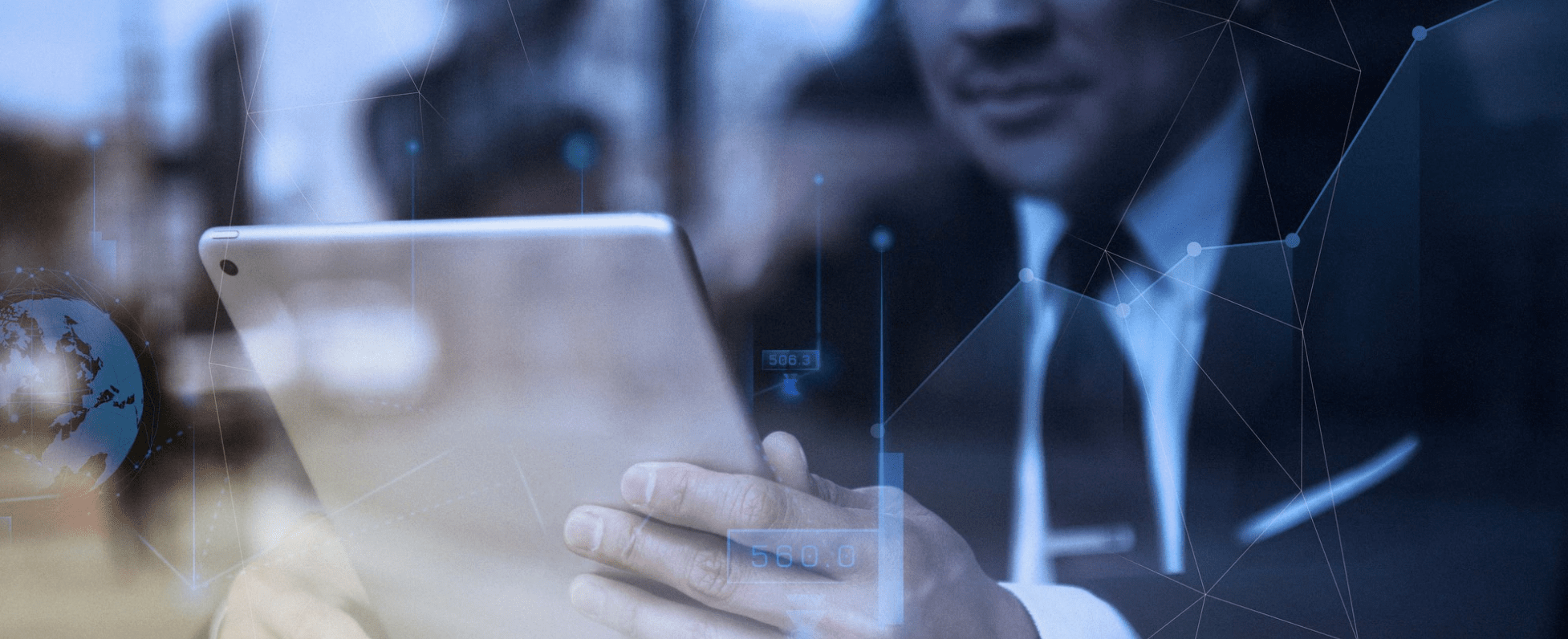It’s coming 2017, if there are many people waiting for what the new president of the United States will be like, the world of technology should not lag behind in terms of surprises. There are a few trends that, it seems, will shape the next 12 months:
Digital transformation of traditional sectors
Ignoring digital is no longer an option for almost 100% of companies. The time has come for sectors that have until now been more protected, such as insurance and education, to see major innovations and feel the competition from new technologies and startups. And digitalization is not about having one site or one app, it is about transforming the entire company so that digital is part of its DNA (strategy, products and services, processes).
The big guys are going to get bigger
Google, Facebook, Amazon, Apple and Microsoft are starting to be taken more seriously. These companies now have massive amounts of data and processing capacity that, combined with an almost unlimited capacity for investment, gives them greater power than many nations.
Human resources
In an age of technology, interestingly enough, one of the main issues is the lack of human resources prepared with knowledge relevant to the digital sector. If the “machines” are going to make many jobs disappear in the next few years, the demand has never been so high for specialists in subjects such as information management, programming and so many related areas. And salaries have never been so high either.
Artificial intelligence and machine learning
One of the big bets of companies (especially the five previously mentioned and others like IBM with Watson) are these technologies. Several investments will be announced and new technologies will be made available to the public in an almost imperceptible way in many sectors.
Cybersecurity
If the terrorist attacks we have witnessed are frightening, the risk of cybersecurity should worry us much more. Almost everything has processors and operating systems. And if these are present, there is a chance that they will be hacked and used for other purposes. Our infrastructure (airports, roads, water, etc.), our transportation (cars, planes, boats, etc) and our data and secrets are all online and can fall into the wrong hands. There is a great lack of legislation on the subject and the authorities are often further behind technically than the criminals.
New interfaces
Screens are meaningless. We are in the age of the double chin, always looking down at an illuminated rectangle. This is not only unaesthetic, but also unnatural. Digital has to integrate more with reality, sensors that automate automated functions, augmented reality, voice control, and bots will change the way we interact with machines and reality. The “internet of things” will start to be more present in our lives with the integration of connectivity in everyday products. Virtual reality, in my opinion, is also here to stay. I have been testing several solutions available in this last period (Oculus, PlayStation, etc.) and they already offer entertainment solutions superior to traditional ones.
To make 2017 more interesting, the big challenge is not going to be any one of these in particular, but rather how to put together the puzzle with several of them. For example, how will traditional companies be able to hire and keep the human resources they need for digital transformation when they cannot, in most cases, cover the values offered by technology companies (see salaries at Google or Facebook, for example). They have to try to catch up with the technology they have, but with teams with less experience in the themes. Hard mission.
We are in a historical moment because, at the same time, what technology and digital presents us with is exciting, there is also a darker side that has to be analyzed and controlled. May we know how to take advantage of the good things in 2017 and prepare a sustainable future society.

